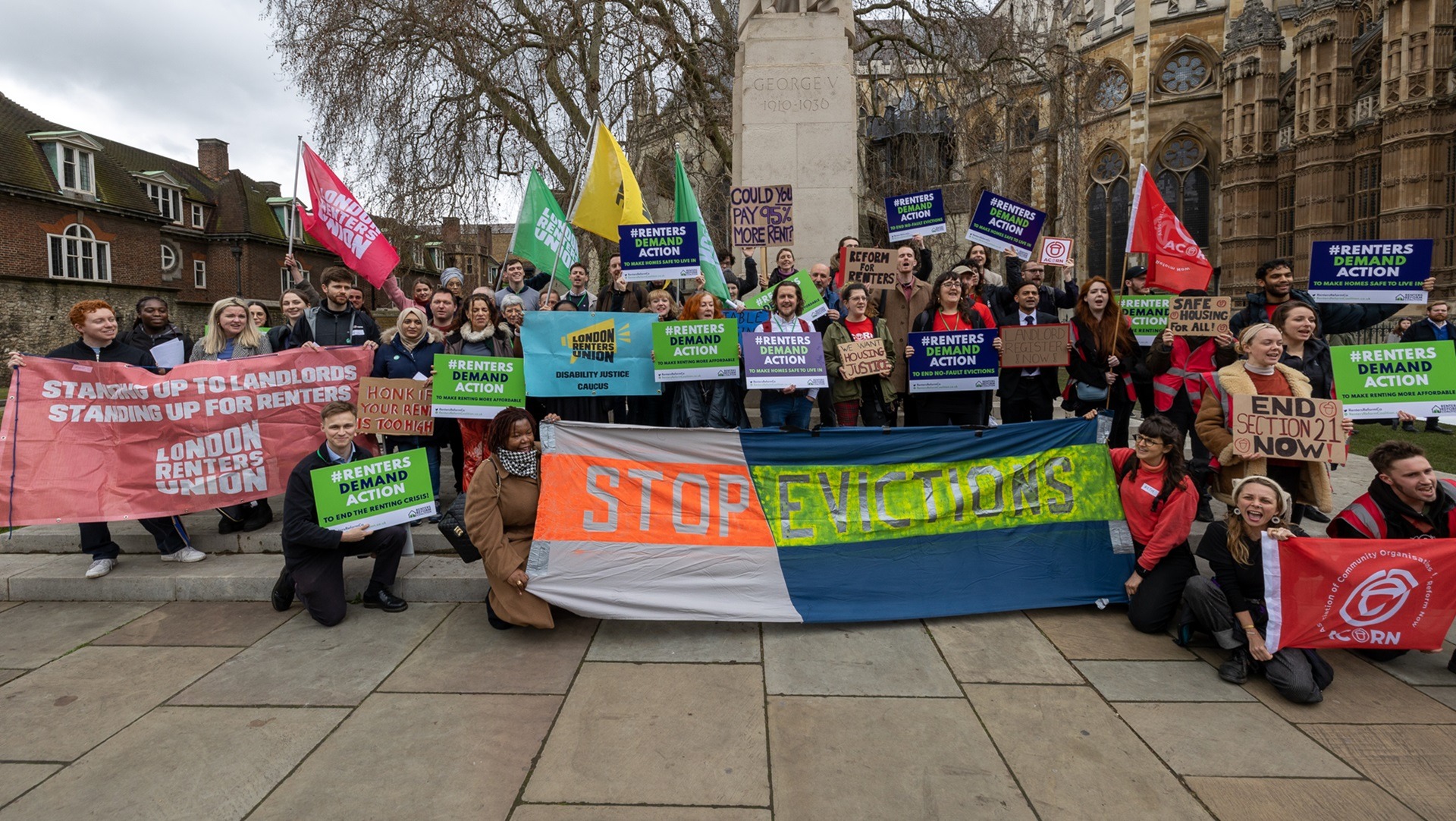The government is criticized for purportedly retreating from its commitment to prohibiting “no-fault” evictions before the forthcoming general election.
In a communication to Tory MPs on March 27, Housing Minister Jacob Young indicated that the provision allowing landlords to evict tenants without stating a cause, known as Section 21 of the Housing Act, would persist pending a review of the court system’s capacity to adapt to this remarkable change.
This approach appears to backtrack on the Conservative Party’s 2019 election manifesto promise, which included the abolition of no-fault evictions via the Renters Reform Bill. Recent comments from Housing Secretary Michael Gove already hinted at a dilution of this pledge, and Young’s letter seems to solidify a shift in legislative direction.

Michael Gove (Credits: The Independent)
In his letter, Young outlined plans to introduce an amendment requiring a preliminary assessment of court readiness and potential obstacles to property repossessions before moving to abolish Section 21 for current tenancies.
Additionally, a new proposal aims to prevent tenants from terminating leases within the initial six months, with considerations for exceptions under specific circumstances like death or domestic violence. This amendment offers landlords stability, covering tenant search and property maintenance costs.
Further adjustments are proposed to accommodate landlords renting to students, aligning lease periods with the academic calendar. The Renters Reform Coalition has criticized these adjustments as serious concessions to landlords, accusing the government of reneging on its promise to eliminate Section 21 evictions before the next election.
Tom Darling of the Renters’ Reform Coalition condemned the government’s concessions as a betrayal to renters, fearing that the proposed reforms would indefinitely delay any positive impact for most tenants.

Ben Beadle (Credits: NRLA)
On the other hand, Ben Beadle of the National Residential Landlords Association emphasized the importance of a fair replacement system for tenants and landlords, supporting the proposed changes to achieve a balanced approach.
Labour’s shadow housing minister, Matthew Pennycook, accused Prime Minister Rishi Sunak and Michael Gove of prioritizing party politics over the interests of British citizens. Pennycook expressed frustration over the prolonged delay and dilution of crucial tenant protections initially promised by the Tories.
As this debate unfolds, the Department for Levelling Up, Housing and Communities has yet to comment on the controversy surrounding the adjustments to the Renters Reform Bill and its implications for landlords and tenants across the UK.























